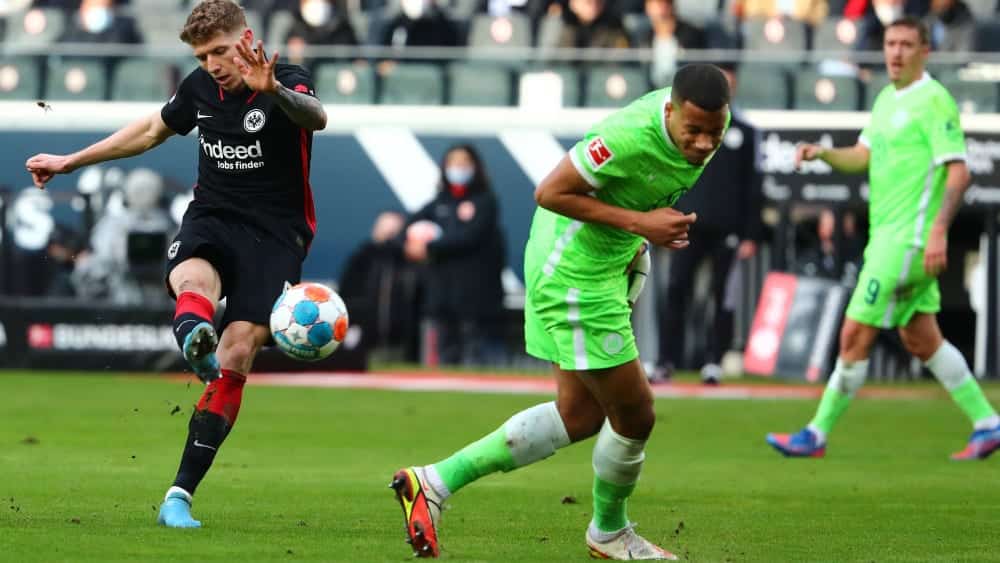The lack of goals has reached alarming proportions in recent weeks. Eintracht failed to score against Wolfsburg (0:2), Cologne (0:1) and FC Bayern (0:1) and hardly created any chances. Coach Oliver Glasner arrives at a different assessment.
That’s only 2.6 chances per game; the average this season is 5.1 chances (last season: 6.2). Clear chances like those of Sebastian Rode in Cologne or Filip Kostic against Bayern were rare. At the press conference on Thursday, however, Glasner reacted surprisingly piqued when asked about the lack of chances. “If you only take goal-scoring chances when the finish is made, that might be true. But we still had three situations in Cologne in two-on-one, three-on-one and even four-on-one where we didn’t finish. For me, those are crystal-clear goal-scoring opportunities. “
It is understandable that the coach tries to see the positive and emphasise it in view of the tense sporting situation. However, this is already a rather idiosyncratic interpretation, because objectively speaking, these are poorly played attacks. Theoretically, every advance is a potential chance to score, because you could have a promising finish as long as you have possession of the ball. Nobody disputes that in several situations, especially against Wolfsburg and in Cologne, Frankfurt players were free in the sixteen. If they had got the ball, it would have been dangerous. De facto, however, passing the penultimate or final ball to the opponent is not a goal-scoring opportunity.
The team must urgently remedy this shortcoming in the away game at Hertha BSC. If they succeed in doing so, this discussion may also become superfluous. “We want to reverse the trend and will do everything in our power to win in Berlin,” Glasner emphasised. He was already optimistic after the 0:1 against Bayern and saw “the bottom of the barrel”. Now action must follow to silence the growing criticism.





